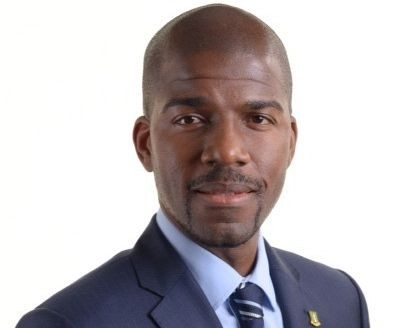By Benito Wheatley
The people of the British Virgin Islands have traditionally celebrated Emancipation and the basic freedoms we enjoy today at the annual Emancipation Festival/August Festival that takes place between late July and early August. But because we are so far removed from slavery, members of the public may not truly appreciate Emancipation’s historical importance.
During slavery, our foreparents had no rights as human beings under British law. They were forced to work their entire lives in inhumane conditions by British slave masters with no compensation.
They were not allowed to go to school or to learn to read and write. They were not allowed to marry, have a family, keep their own children, and girls and women were the sexual pleasure of the slave master. They were not allowed to own property and were legally owned by British slave owners in the UK and British colonies.
These violations of our foreparents basic human rights were crimes against humanity. They revolted many times against their British oppressors in an effort to gain their freedom.
Emancipation was the first milestone in the process of the formerly enslaved men, women and children becoming British Virgin Islanders since their enslaved African ancestors began arriving on the islands who were systematically separated from any family members and sent to plantations where over time they and their offspring were stripped of their languages, cultures and traditions, and subjected to the traditions, institutions, religion and language of their British oppressors that became part of their identity.
Raising awareness about our foreparents’ struggle for freedom and eventual release from bondage should not be limited to the Emancipation Festival period. Emancipation must be properly taught in the schools based on a curriculum that adequately covers the slavery and post-slavery periods of British Virgin Islands history.
No student in the education system should complete secondary school without having gained a comprehensive knowledge of slavery in the Territory which legally ended with the Emancipation Proclamation on 1 August 1834, but lingered on for several years under an apprenticeship system.
Students should also learn about the life of hardship endured by the newly freed men, women and children who received nothing from Britain to build new lives after their enslavement, versus the payouts made to their former slave owners by the UK Treasury as compensation for no longer having slaves to provide them with free labour.
Individuals should also try to educate themselves and their communities about these historical facts. A greater awareness of the slavery and post-slavery periods would help us to better appreciate Emancipation and the need for greater public involvement in shaping the Emancipation Festival.
As a people, let us never take for granted the fundamental freedoms we enjoy today that our foreparents struggled to receive for nearly two centuries.





